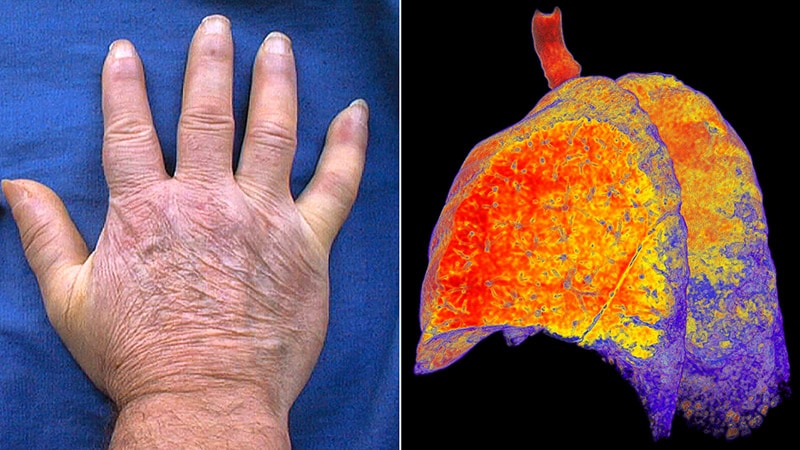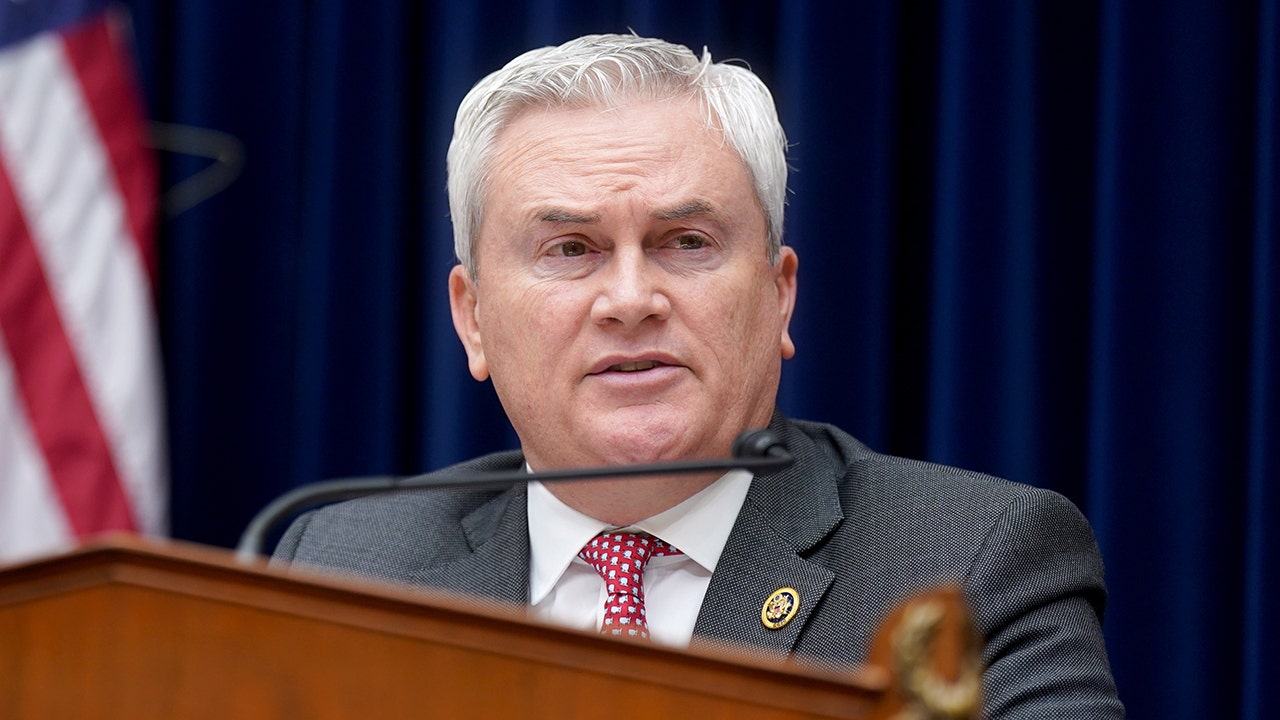Sleeve gastrectomy leads to rapid and significant weight loss in patients with obesity and advanced chronic kidney disease (CKD), thereby improving eligibility for transplant, according to the results of a retrospective study.
"Patients with obesity, especially those who have BMI [body mass index] more than 40, are not able to access kidney transplantation," Aleksandra Kukla, MD, transplant nephrologist at Mayo Clinic, Rochester, Minnesota, told Medscape Medical News.
"Our findings demonstrate that sleeve gastrectomy not only improves the health of patients on dialysis but also can help them become eligible for transplants," she said. However, questions remain on the impact of the procedure on functional status.
The study was published in the May 2024 issue of Mayo Clinic Proceedings.
Kukla and colleagues reviewed the medical records of 104 kidney transplant candidates with stages 4 and 5 CKD and obesity (BMI > 35 kg/m2) who were enrolled in the Mayo Clinic pretransplant metabolic program.
Fifty-four underwent laparoscopic sleeve gastrectomy, and 50 did not, opting instead for a nonsurgical weight loss approach.
As expected, by 12 months, significant weight loss (mean weight, 27 kg) occurred only in the sleeve gastrectomy group.
Sleeve gastrectomy was also associated with metabolic benefits. Of the 33 patients with type 2 diabetes, 25 (76%) were receiving insulin, and eight (32%) discontinued insulin 12 months after the procedure.
The proportion of patients taking antihypertensive medications also decreased between the time of evaluation (89%) and 12 months after sleeve gastrectomy (78%), as did the mean number of antihypertensive medications (from 2.8 to 1.6).
Turning to transplant outcomes, the procedure reduced the time for patients to be added to the kidney transplant waiting list and also improved the likelihood of receiving a kidney transplant.
Of the 51 patients who were waitlisted during the study period, 37 (72%) had undergone laparoscopic surgery and 14 (28%) had not. Sleeve gastrectomy improved time to waitlisting by nearly four times (hazard ratio [HR], 3.84; P < .01).
It was also associated with a threefold improvement in the odds of receiving a transplant, with 20 (37%) postsleeve gastrectomy patients receiving a kidney transplant vs five (10%) patients of the nonsurgical cohort (HR, 3.03; P = .01).
Important Unanswered Questions
Three patients (5.6%) experienced postsurgical complications — two had postoperative bleeding requiring blood transfusion, and one had gastrointestinal perforation with anastomotic leak.
Postsurgical complications did not affect kidney transplant candidacy in patients with bleeding but delayed listing in patients with anastomotic leak due to prolonged hospitalization which led to frailty.
A numerically higher incidence of major adverse cardiovascular events (MACEs) during follow up occurred in the sleeve gastrectomy group — five events (9.2%) vs one event (2%) in the nonsurgical cohort.
However, the sleeve gastrectomy group also had a higher incidence of type 2 diabetes and total number of MACEs during their lifetime. The researchers were, therefore, unable to draw a conclusion about the impact of the procedure on cardiovascular risks and strokes.
The study also raised concerns about the impact of sleeve gastrectomy on functional status. Moderate or severe functional impairment was "highly prevalent" in individuals at 12 months after the surgery, with a "clinically meaningful" decline in Short Physical Performance Battery score and an increase in a measure of frailty, the researchers reported.
Although sleeve gastrectomy "can be recommended to patients to improve the chances for kidney transplant, all patients should undergo multidisciplinary evaluation for the best outcomes," Kukla told Medscape Medical News.
"Appropriate nutrition and physical activity are critical postsleeve gastrectomy to reduce risk of sarcopenia, which is already highly prevalent in this population," she added.
Allon Friedman, MD, with the Division of Nephrology, Indiana University School of Medicine, Indianapolis, offers perspective on the results in an editorial in Mayo Clinic Proceedings.
In his view, the overall impression from the study is that there may be "great potential" for sleeve gastrectomy to achieve a number of "important" health benefits in patients with advanced CKD and severe obesity but that more definitive data are needed to "definitely establish safety risks and to identify ideal candidates."
"Fortunately," said Friedman, the research team is planning a prospective study (PROFIT) that could help address several "unanswered but important questions."
Those questions include: Which patients should be considered good candidates for the surgical procedure, and which patients should avoid it? Are there dietary, exercise, or other strategies that can be implemented to minimize functional decline after surgery? How or should clinicians best combine sleeve gastrectomy with antiobesity drugs to optimize outcomes in patients with CKD?
"The answers to these and other key clinical questions will be invaluable in improving clinical care for patients with obesity and CKD," Friedman said.
The study had no specific funding. The authors declared no competing interests. Friedman is on the scientific advisory board for Eli Lilly, Morphic Medical, and Gila Therapeutics and owns stock in Eli Lilly.

.webp) 3 weeks ago
14
3 weeks ago
14




























 English (US)
English (US)